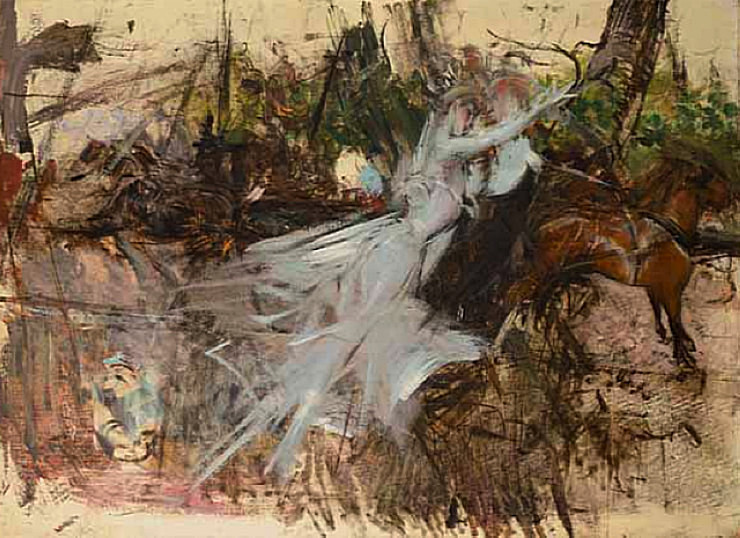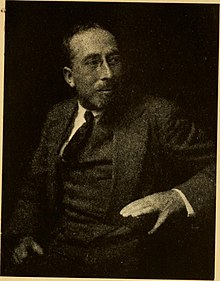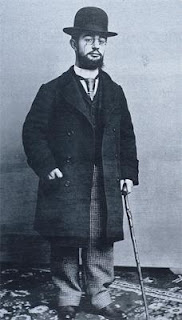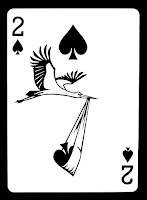Ah, my first essay by Aldous Huxley and I didn’t know what style to expect. He first begins by lamenting the insufferable boredom experienced by having to learn Greek and Latin in school. Even the mention of these subjects he still finds tedious and can only find one benefit of having been forced through hours of searching for words in his Lexicon:
“I hate to think of all that wasted time. And yet, in view of the fact that most human beings are destined to pass most of their lives at jobs in which it is impossible for them to take the slightest interest, this old-fashioned training with the dictionary may have been extremely salutary. At least it taught one to know and expect the worst of life. Whereas the pupil in a progressive school, where everything is made to seem entertaining and significant, lives in a fool’s paradise.”
When his bookseller friend requested his presence to view an item that he was extremely thrilled to purchase, Huxley was dismayed to find that it was a Latin dictionary. However, when he found it wasn’t just any Latin dictionary, but the one owned by the famous painter, Henri Toulouse-Lautrec, his interest was piqued.
Toulouse-Lautrec created these “doodles in the dictionary” when he was sixteen years old, a mere two years after two accidents which would change his life forever. First, he broke one leg, and then the other, and neither leg grew again, therefore upon adulthood, he had the legs of a fourteen year old and the body of a man. Having to live as a “dwarfish monster”, Lautrec immersed himself in his drawing and painting.
 |
Aristide Bruant on His Bicycle (1892)
Henri Toulouse-Lautrec
source Wikiart |
Huxley muses that up to the age of ten, the muse of genius is within every child, but with instruction that muse disintegrates until only one in four thousand people have any talent for art. He calls this fact an “unsolved riddle” and hopes one day to learn the answer, whereupon education will be able to be transformed into a “social and individual reconstruction”. Hmmm ……. who would decide what needed to be reconstructed and why? Who would be doing the reconstructing and under what premise? It’s all very vague and rather disturbing.
 |
Artilleryman Saddling His Horse (1879)
Henri de Toulouse-Lautrec
source Wikiart |
In any case, early on it was evident that Toulouse-Lautrec had rare talent for drawing and he was also proficient in Latin, earning prizes for translation and composition. While his drawings at sixteen showed a maturity and flair that was unsurpassed for his age, his first master Bonnat was lukewarm with his praise. In a letter to his Uncle Charles, Toulouse-Lautrec communicated his teacher’s comments: “Your painting isn’t bad; it’s clever, but still it isn’t bad. But your drawing is simply atrocious.” Judging from a comment from another student, Huxley believes Toulouse-Lautrec had a propensity to exaggerate his subjects, to “prettify” them in a way that was perhaps not pleasing. Yet Huxley believes that facts are perhaps not so immutable as we perceive them, and that everyone can view each reality differently. And facts can also cover a variety of disciplines: for example, he says, the H-bomb can at once be involved in physics, chemistry, physiology, medicine, genetics, psychology, politics, economics, ethics and even be an aesthetic fact, as the cloud it makes is quite beautiful. Toulouse-Lautrec simply chose to communicate in his art the aspects that preoccupied him and “found no incompatibility between truth to nature and distortion.” His exaggeration perhaps brought life to his art, which would align with Hsieh Ho, the fourth dynasty Chinese artist who stated that the First Principle of Chinese Painting “…. is that, through a vitalizing spirit, a painting should possess the movement of life,” and the sinologist, Osvald Siren agreed, “that the First Principle refers to something beyond the material form, call it character, soul, or expression. It depends on the operation of the spirit, or the myserious breath of life, by which the figures may become as though they were moving or breathing.”
 |
Fishing Boat (1880)
Henri de Toulouse-Lautrec
source Wikiart |
Huxley brings the subject of the horse into his essay, lamenting its passing into the history of transport and surmising that it was heading towards extinction. It embodied the expression of life from its splendid grace, from the thoroughbred down to the old hack; in modern times we are only left with man who is a graceless uninteresting creature. The advent of the automobile, and in fact all technology, detracts from life and therefore from our enjoyment of it. Lautrec’s father had advocated for the health of the outdoors but sadly, Lautrec was not destined for such a life because of his accident and became, instead, fascinated by the race-track, Montmartre known for its public dancing and cabarets, alcohol and prostitutes.
“The drunks and tarts, the lecherous gentlemen in top hats, the sensation-hunting ladies in feather boas, the stable boys, the lesbians, the bearded surgeons performing operations with a horrifying disregard of the first principles of asepsis ……. these became the subject matter of most of Lautrec’s pictures, the environment in which he liked to live. He portrayed them simply as curiosities, passing no moral judgment, but simply rendering the intrinsic oddity of what he saw around him.”
His interest in the theatre grew, of which sketches can be seen in the dictionary of jesters, actors and actresses. He did not portray women in a sexual way nor with any discrimination, only executing them as he would any other subject, “from memory and with appropriate distortions, rendered their life-movement, now graceful, now grotesque, and the underlying rhythm of the mysterious spirit that manifests itself within that movement.”
And so concludes an essay that I thought would be an educational treatise and ended up being about the creation of art, and secondary the sad demise of a creative talent. Huxley did not reveal that Lautrec died from the effects of alcoholism and syphilis at the age of 36 years old.
Next up is classic children’s book, The Finn Family Moomintroll. I absolutely love this book; it is tied for my all-time favourite children’s classic. I can’t wait to read it again and share some unique Moomintroll adventures!
Week 9 – Deal Me In Challenge – Two of Spades


















